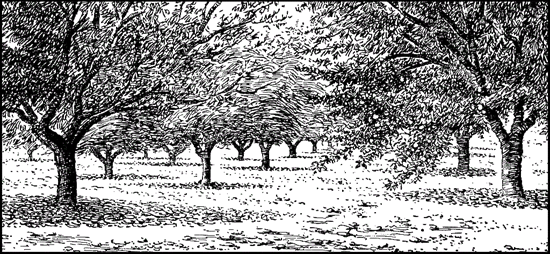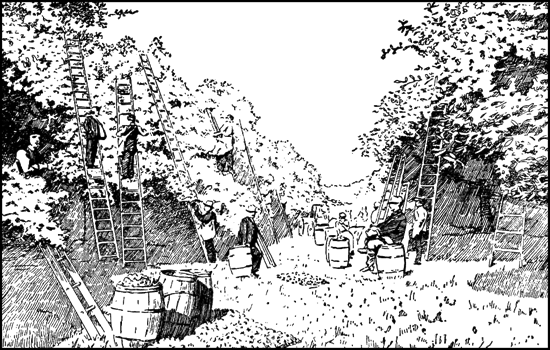
The Grapes of Wrath




1939, John Steinbeck
I would recommend this book to:
- Americans (there are some parallels to modern times);
- people who like historical fiction; and
- anyone newer to classic literature (it’s pretty accessible)
The book tells the story of an Oklahoman family that moves to California during the Great Depression in a search for job opportunities. But there, unemployment and worker exploitation are rampant; thousands of people are starving while a handful own all the money and land. The family continues to pursue the American Dream in a world where it is almost impossible; the book details the perseverance of humanity and hope even in terrible conditions.
Steinbeck’s depiction of humanity is one of my favorites; there are many aspects of the book that lend to a sense of unity and brotherly love. This appears most saliently in the main theme of the book: people are naturally at harmony with one another, while wealth isolates and corrupts. It’s present in the way even absolute strangers are trusting and helpful, always willing to share their journeys and burdens in troubled times. It is evident in his detailed descriptions of what people care about and how they deal with problems, and how he always emphasizes that even bad people are the products of complex circumstances. And Casy, the author’s philosophical mouthpiece, made his life all about listening to, learning from, and loving people:
As a person, Steinbeck cares above all for harmony with people and nature, and criticizes everything that keeps us from such harmony.
Although things are, of course, far better nowadays, I think fellow Americans will find some of the issues discussed in this book surprisingly relevant to modern times. In The Grapes of Wrath, the upper class depends on hundreds of thousands of workers who are paid a few cents an hour for strenuous labor. They are surrounded by the struggling, hungry, and poor, but instead of sharing their abundances of money and fruit on their orchards, they let their produce burn or rot, and call the workers lazy and rude. The billionaires pit ordinary citizens against each other to maintain their power, because deep inside, seeing all their famished, angry faces, they know that if the people were to unite, their unfair conditions would no longer be accepted.
I do have some criticism for the book. It was rather slow in delivering its point — I mean, at least 100 pages were spent detailing the drive on Route 66. It provided more opportunities for Steinbeck to add and develop characters, sure, but reading time and time again about the very specific repairs an old car needed didn’t add much to the plot. Generally, it’s a slow-paced book; I remember at one point he spent two pages just describing a turtle walking. But that didn’t detract from the main message of the book, despite making it appear more slowly.
Back
Written July 31, 2024.
